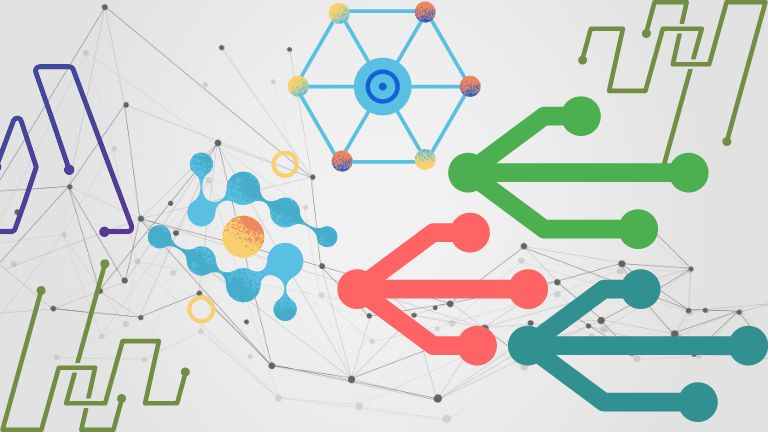Nanotechnology is a science that’s quickly growing in popularity. In this article, we’ll explore the future of nanotechnology and the ways it could revolutionize our world.
What is Nanotechnology?
Nanotechnology is a branch of science and engineering that deals with the manipulation and control of matter on an atomic and molecular scale. By doing this, nanotechnology has the potential to revolutionize a variety of fields, including medicine, energy, materials, and manufacturing.
What are some of the biggest benefits of nanotechnology?
Nanotechnology has a number of significant benefits over traditional technologies. For example, because nanotechnology can control matter on an atomic and molecular level, it can create incredibly small and precise devices and materials. This can make products more durable and efficient, as well as allow for new ways to process information or energy. Additionally, nanotechnology has the ability to interact with other substances and systems in ways that are not possible with traditional technologies. This could lead to new ways to create batteries or solar cells, for instance.
How is nanotechnology being used currently?
Nanotechnology is being used in a number of different fields right now. Some notable examples include medical technology (such as nanoparticles for drug delivery), food packaging (including nanoscale ink for labeling), energy storage (via nanoparticles), and manufacturing (including 3D printing using nanoscale materials). As the technology tips continues to develop, more and more applications will be found.
How This technology Changing the World?
It is a branch of engineering that deals with the manipulation of matter on an atomic and subatomic level. It has the potential to revolutionize many aspects of our world, from manufacturing to health care. Here are five ways in which nanotechnology is changing the world:
- It is revolutionizing manufacturing. Thanks to nanotechnology, manufacturers can now create more efficient and smaller products. This has led to a surge in the production of new technologies and products, such as smartphones and solar panels.
- It is helping to improve health care. Thanks to nanotech’s ability to target specific cells, it has the potential to improve medical treatments and help patients live longer lives. For example, researchers are using nanoparticles to treat cancerous tumors by destroying them from the inside out.
- It is helping to recycle materials. By breaking down large pieces of waste into their constituent molecules, nanotechnology can help us recycle these materials more effectively. This not only reduces our reliance on resources such as oil, but also eliminates the need for landfill space.
- Nanotechnology is creating new forms of energy. thanks to nanotechnology’s ability to store energy in tiny amounts, it has the potential to create new energy sources and technologies. Just as humans can gather solar power, animals such as flies that use the sun to generate their energy are also incorporating this into their systems.
- Nanotechnology is helping us build machines that can repair themselves. In the future, It will allow us to build machines that repair themselves or even evolve on their own.
- It is revolutionizing medicine. Nanoparticles have been used for over 30 years in some medical treatments, but recently scientists have begun applying nanoparticle technology to many more areas of medicine including diagnostics, tissue engineering and gene therapy therapies.
The Future of This technology
This technology is a branch of technology that uses miniature particles smaller than 100 nanometers in size. These particles can manipulate to create unique and innovative products and devices.
This technology has the potential to revolutionize a number of industries, including medicine, energy, manufacturing, and environmental protection. Here are four ways that technology could impact the world in the future:
- Nanomedicine: It could allow for improved treatment of diseases by manipulating molecules on a cellular level. For example, nanoscale imaging could use to diagnose and treat cancer.
- Energy production: It could help develop more efficient energy production methods using nanoscale materials. For example, nano-sized solar cells could use to convert sunlight into electricity.
- Manufacturing: It could help improve the quality and efficiency of manufacturing processes using nanoscale materials such as carbon fiber and ceramics.
- Environmental preservation: It could use to clean up environmental damage caused by pollutants on a molecular level.
Conclusion
Nanotechnology is a rapidly growing field with huge potential to revolutionize the world. It has the ability to manipulate and control matter on an atomic level, which could lead to incredible advances in fields like engineering, medicine, manufacturing, and agriculture. By understanding how It works and what its potential applications are, we can begin to make informed decisions about its future role in the world.






